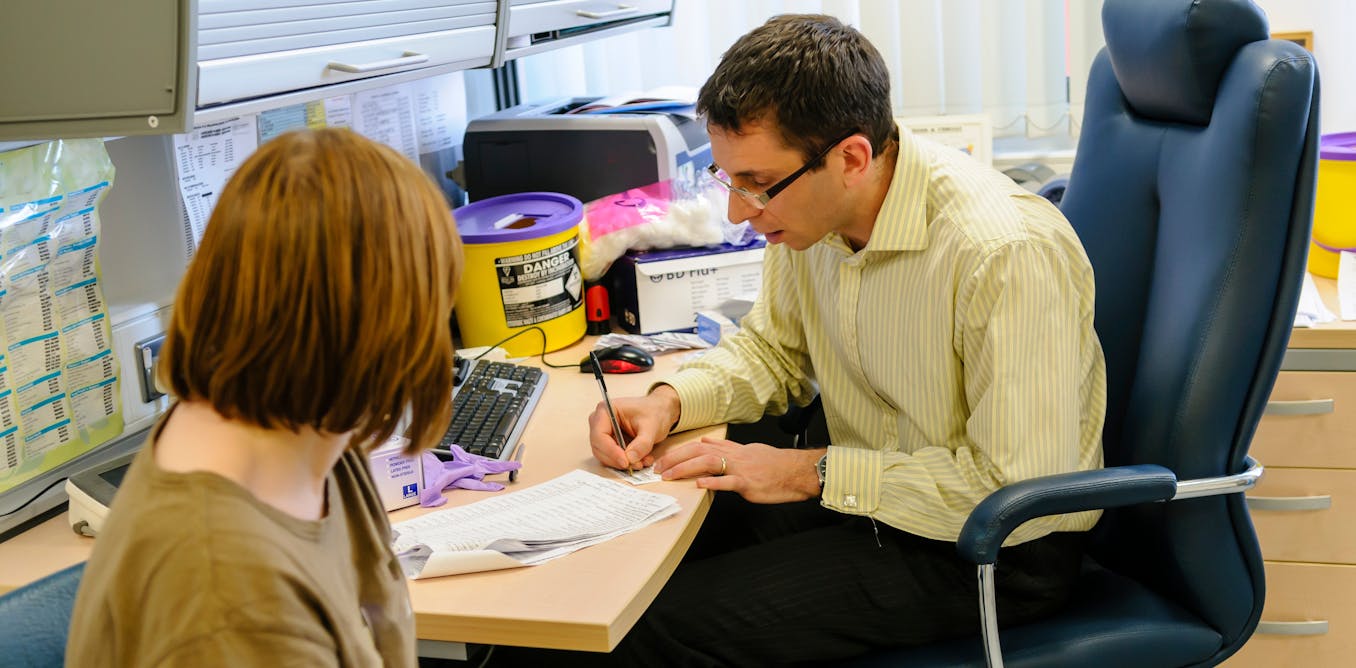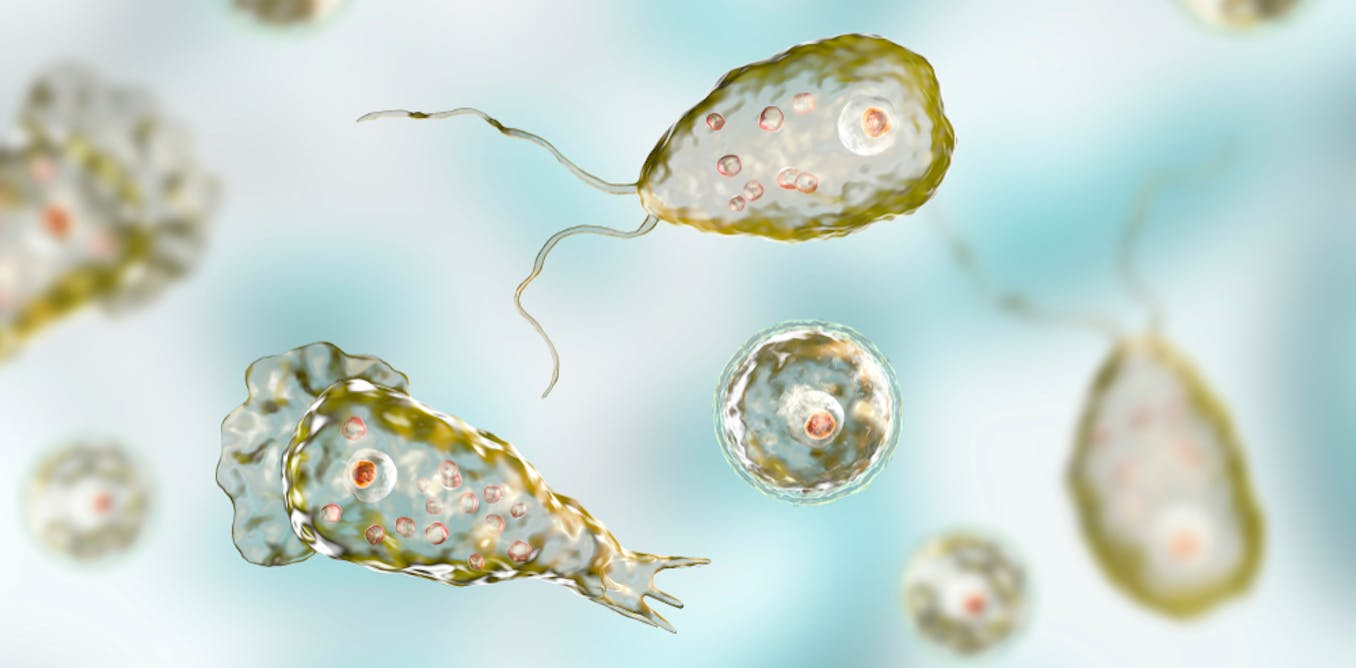Haemochromatosis: the iron overload condition that too often goes undiagnosed
The condition causes the body to absorb too much iron from food. AtlasStudio/ Shutterstock When we think about iron imbalance, most people are familiar with iron deficiency and the health problems it can cause. What many may not realise is that the opposite problem, iron overload, can be just as serious – yet many aren’t […]
Continue Reading







